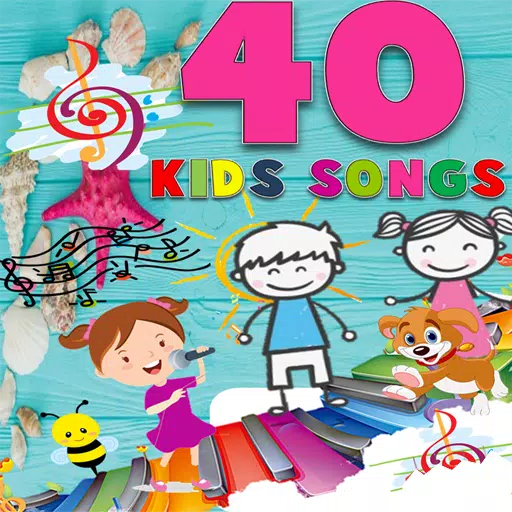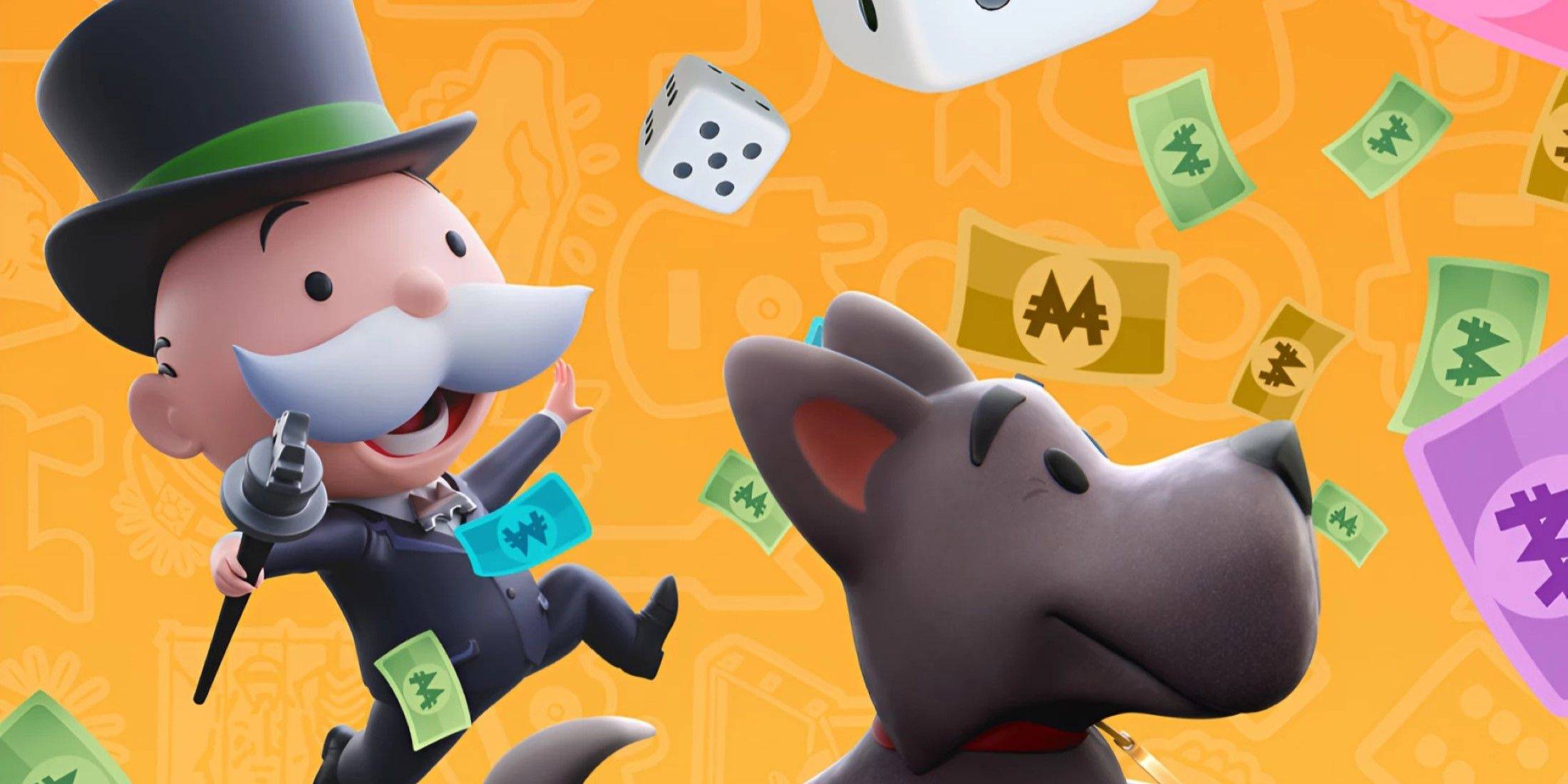
A $25,000 Monopoly GO Spending Spree Highlights Microtransaction Risks
A recent incident involving a 17-year-old who reportedly spent $25,000 on in-app purchases for Monopoly GO underscores the financial pitfalls of microtransactions in free-to-play games. While the game itself is free, its monetization model, heavily reliant on microtransactions to unlock rewards and accelerate progress, has proven problematic for many users.
This isn't an isolated case. Anecdotal evidence abounds, with one user reporting a $1,000 expenditure before abandoning the game. The $25,000 incident, detailed in a since-deleted Reddit post, highlights the significant sums some players inadvertently spend. The post's author, a step-parent, sought advice on recovering the funds, but faced the grim reality that Monopoly GO's terms of service likely hold the user responsible for all purchases, regardless of intent. This practice is common within the freemium gaming model, a strategy exemplified by Pokemon TCG Pocket's impressive $208 million in first-month revenue.
The Ongoing Debate Surrounding In-Game Microtransactions
The Monopoly GO incident is far from unique. In-game purchases have repeatedly drawn criticism. In 2023, a class-action lawsuit against Take-Two Interactive over NBA 2K's microtransaction system resulted in a settlement, mirroring a similar case the previous year. Although this Monopoly GO situation is unlikely to reach litigation, it adds to the growing concerns surrounding the practice.
The industry's reliance on microtransactions is understandable; they are exceptionally lucrative, as demonstrated by Diablo 4's over $150 million in microtransaction revenue. The strategy of encouraging small, incremental purchases is more effective than requesting a single, larger payment. However, this very feature contributes to the controversy. Microtransaction models can be deceptive, leading players to spend far more than initially intended.
The Reddit user's prospects for a refund appear bleak. However, the incident serves as a cautionary tale, emphasizing the ease with which significant sums can be spent in Monopoly GO and similar games.
 Home
Home  Navigation
Navigation






 Latest Articles
Latest Articles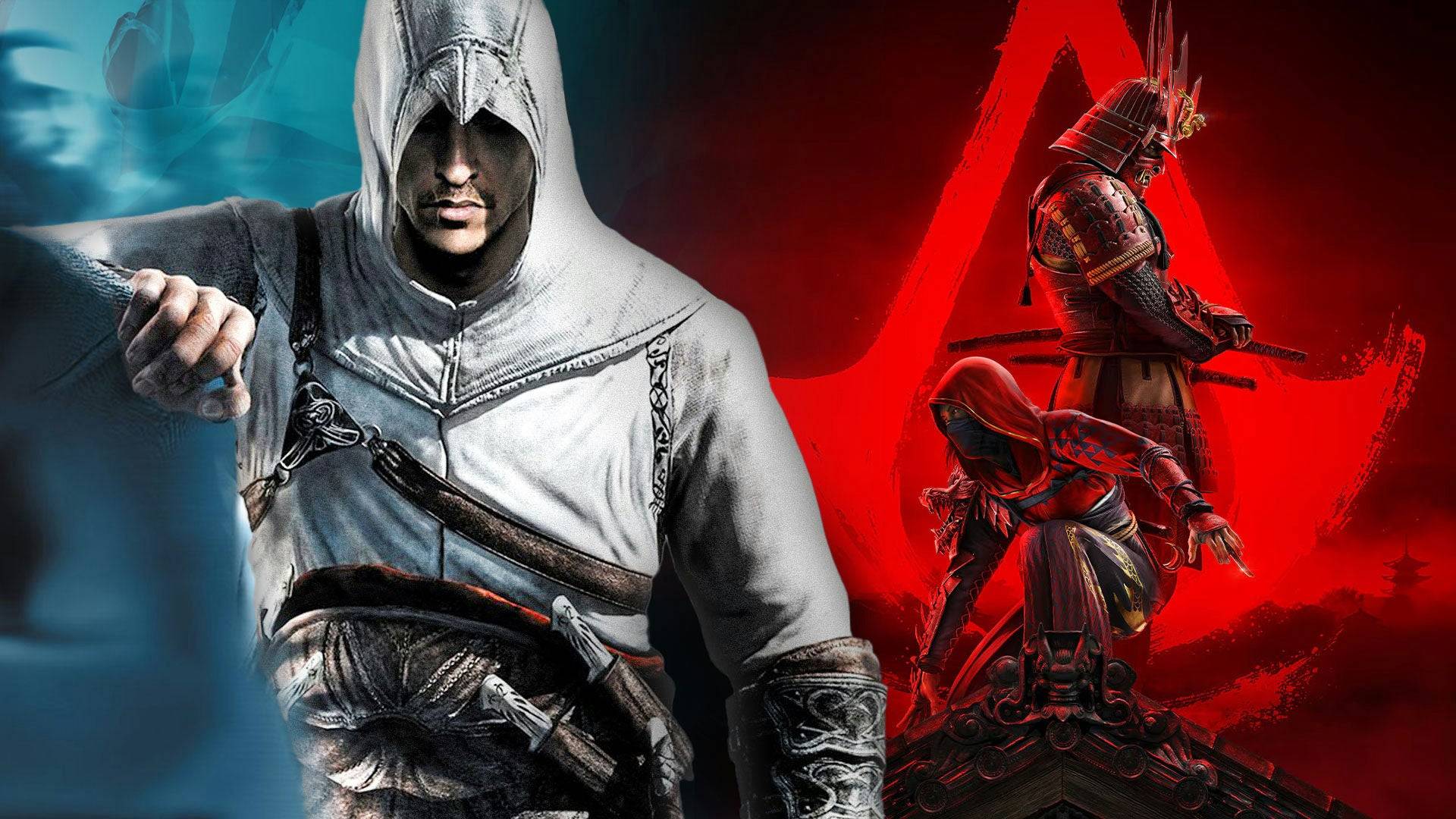
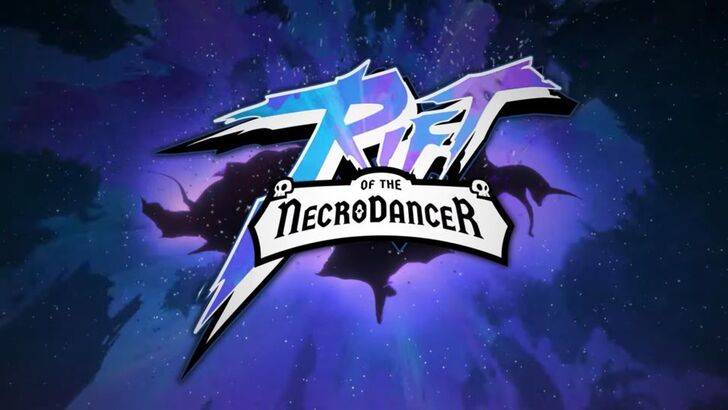

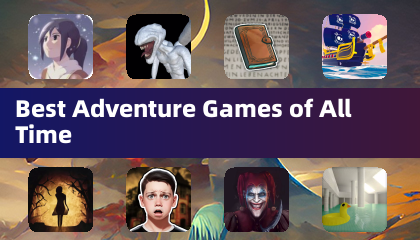


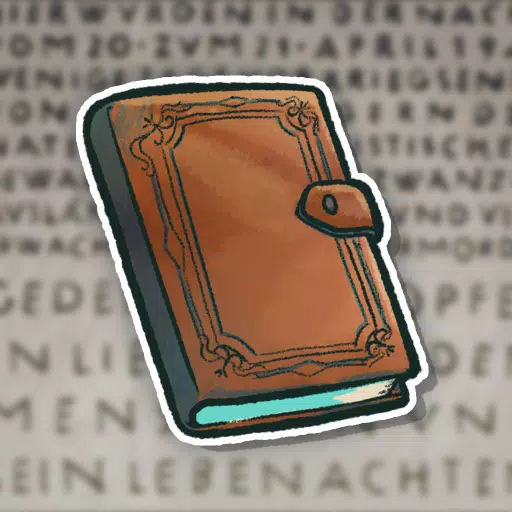




 Latest Games
Latest Games

